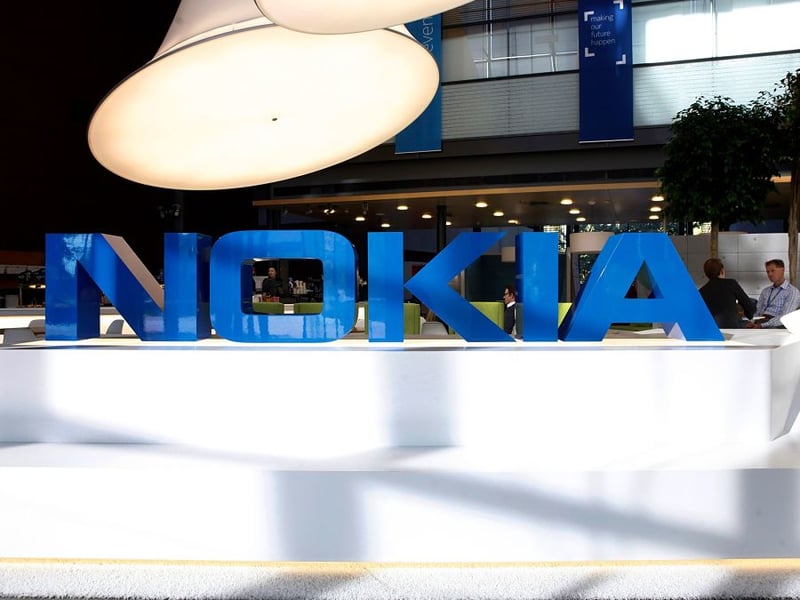

Nokia of America is among the latest employers hit with a class-action lawsuit over the fees in its 401(k) plan.
The complaint filed Monday levels claims that are similar to those in numerous other cases brought by litigator Capozzi Adler. The phone maker allegedly did a disservice to its workers by filling its investment menu with funds that had higher fees than other options available on the market, and the plan’s revenue-sharing arrangement led to administrative costs that are well above average, according to the complaint.
Nokia “could not have engaged in a prudent process as it relates to evaluating investment management fees,” the lawsuit stated. “In some cases, expense ratios for the plan’s funds were 364% above the [Investment Company Institute] median … and 252% above the ICI median … in the same category.”
Cost differences were slimmer for other investment options within the $8.5 billion plan, however. For example, the target-date series in Nokia’s 401(k) had net fees of 45 basis points in 2020, compared to an industry median of 40 bps and an average of 37 bps, the complaint notes.
The law firm also claims that the 4 bps asset-based record-keeping fee charged to participants made little sense given the large size of the 401(k). Participants in the plan paid $116 each for plan administration last year, while some comparably sized plans have rates that are less than a third of that, the complaint noted.
The complaint filed in U.S. District Court in New Jersey raises two claims — one for breach of fiduciary duty of prudence and another for failure to monitor fiduciaries.
But like many other lawsuits filed recently over defined-contribution plan fees, the success of the case could hinge on a forthcoming ruling from the Supreme Court. Last week, the high court heard arguments in a case brought against Northwestern University. Next year, the justices will hand down a ruling that will likely clarify whether the mere existence of lower-cost or better-performing options on the market can be sufficient for plaintiffs to state a claim, and thus having a good chance of scoring settlements.
Because there is virtually no insight into a plan committee’s investment-selection process — prior to discovery — litigators have often relied on the existence of better options than those used in a plan to help infer that a plan sponsor was lax in its fiduciary duties.
The complaint filed by Capozzi Adler hints at this conundrum.
“Plaintiffs did not have and do not have actual knowledge of the specifics of defendants’ decision-making process with respect to the plan,” the complaint read. The plaintiffs had requested the plan’s investment committee minutes, but the company declined to provide those, the law firm stated.
“Reviewing meeting minutes, when they exist, is the bare minimum needed to peek into a fiduciary’s monitoring process," the complaint stated. "But in most cases even that is not sufficient.”
Nokia of America did not respond to a request for comment.

Relationships are key to our business but advisors are often slow to engage in specific activities designed to foster them.

Whichever path you go down, act now while you're still in control.

Pro-bitcoin professionals, however, say the cryptocurrency has ushered in change.

“LPL has evolved significantly over the last decade and still wants to scale up,” says one industry executive.

Survey findings from the Nationwide Retirement Institute offers pearls of planning wisdom from 60- to 65-year-olds, as well as insights into concerns.
Streamline your outreach with Aidentified's AI-driven solutions
This season’s market volatility: Positioning for rate relief, income growth and the AI rebound
